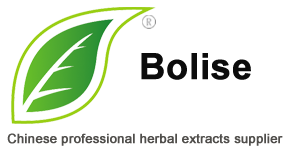Phytotherapy
Phytotherapy is the study of the use of extracts from natural origin as medicines or health-promoting agents. Even though phytotherapy is usually regarded as "alternative medicine" in the Western countries,when critically carried out, is considered an essential component of modern pharmacognosy.
In herbal medicine standardization refers to providing processed plant material that meets a specified concentration of a specific marker constituent. Active constituent concentrations may be misleading measures of potency if cofactors are not present. A further problem is that the important constituent is often unknown. For instance St John's wort is often standardized to the antiviral constituent hypericin which is now known to be the "active ingredient" for antidepressant use. Other companies standardize to hyperforin or both, although there may be some 24 known possible constituents. Only a minority of chemicals used as standardization markers are known to be active constituents. Standardization has not been standardized yet: different companies use different markers, or different levels of the same markers, or different methods of testing for marker compounds. Herbalist and manufacturer David Winston points out that whenever different compounds are chosen as "active ingredients" for different herbs, there is a chance that suppliers will get a substandard batch (low on the chemical markers) and mix it with a batch higher in the desired marker to compensate for the difference.

 Asia Bio-Pharmaceutical Research Institute
Asia Bio-Pharmaceutical Research Institute Bolise Co., Ltd.
Bolise Co., Ltd.

